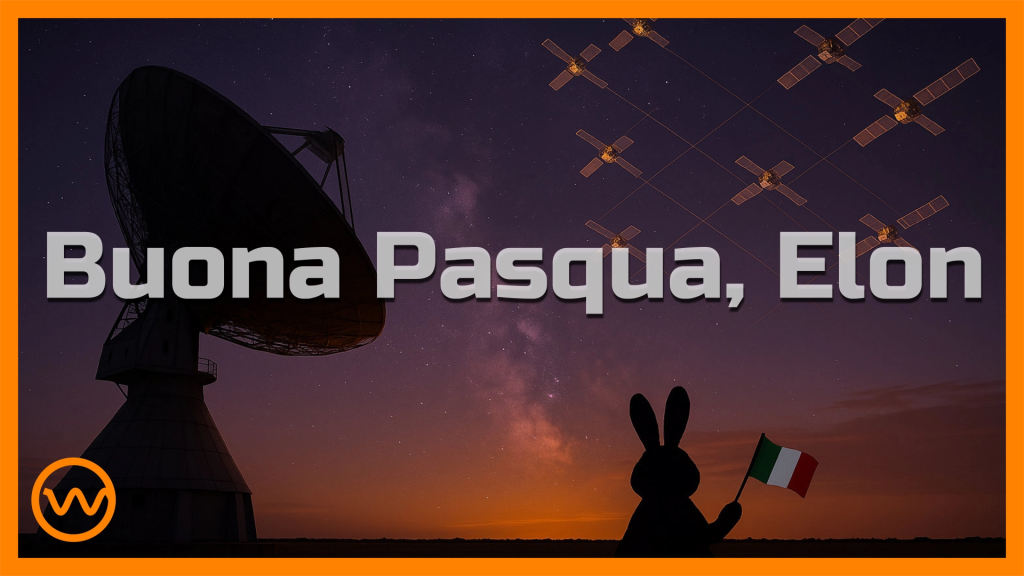Building Satellites, Breaking Up with Billionaires
Italy has decided that playing second fiddle in the great orchestra of global communications isn’t quite its style. After briefly flirting with Elon Musk’s Starlink, an arrangement valued at a breezy €1.5 billion over five years for secure government communications, the romance has soured. Turns out, depending on a man who rebrands social media apps in the middle of the night and occasionally spars with world leaders on Twitter wasn’t the kind of “stability” Italy had in mind for its military messaging.
Defense Minister Guido Crosetto tried to keep it classy, insisting that things became “too political” and that this was all supposed to be a technical decision. Translation: someone realized entrusting national security to the same guy who livestreams rocket explosions may not be the sharpest move.
So, Italy is pivoting, hard. Out with foreign satellite overlords, in with a national satellite constellation designed to keep things “in the family.”
In just five years (give or take some Italian bureaucracy), Italy aims to launch over 100 satellites. These shiny new toys will be dual-use, handling everything from government comms to civilian services. Interoperability is a priority, which is a fancy way of saying “we still want to talk to others, but only if we really need to!.”
Leading this cosmic charge are some very familiar names: Leonardo Space and Telespazio. The former is Italy’s defense darling, leaning heavily into space as part of its new industrial strategy. The latter is a satellite powerhouse (co-owned by Leonardo and France’s Thales) that’s done everything from launching payloads to distributing SpaceX’s Starlink… yes, THAT Starlink. Awkward.
Telespazio also had its hands in OPTSAT-3000, Italy’s optical Earth observation satellite for military use. And it’s a key player in IRIDE, a sprawling satellite constellation promising to watch over everything from natural disasters to pollution, because who needs boots on the ground when you’ve got eyes in the sky?
But wait, there’s more.
Italy isn’t just going solo; it’s also nodding at Brussels, aligning its plans with the EU’s IRIS² initiative. That’s a €10 billion project for secure, sovereign satellite connectivity across the continent, perfect for when you want to pretend you’re not trying to go it alone, just leading the way.
So, what’s the takeaway here? Italy is done outsourcing its cosmic destiny. The country is writing its own orbital script, casting domestic industry in the lead roles, and, most importantly, blocking Starlink’s number.
Because if you want secure communications, military-grade surveillance, and a slice of the New Space Economy, maybe don’t trust the guy selling flamethrowers online.
Launch your own constellation instead.
A dopo, ragazzi e Buona Pasqua



